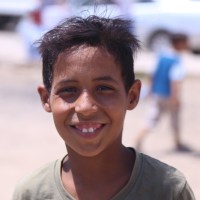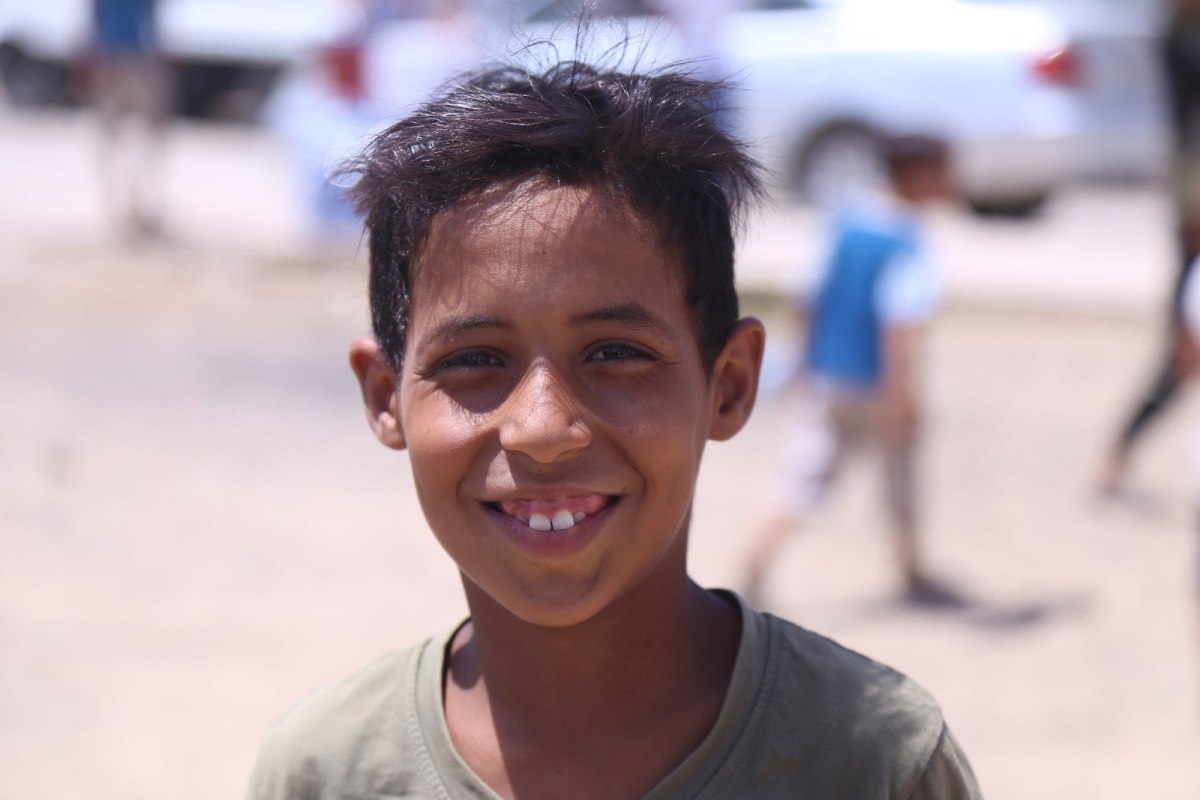Just because an enemy is declared defeated, it doesn’t mean the violence ends. That’s definitely true in the case of ISIS.
Last December, Iraq’s Prime Minister Haider al-Abadi made a bold claim: Iraq’s war against ISIS was over. With the help of its partners, Iraq had regained all territory from the terrorist group, he said.
This week, eight months after Abadi made his declaration of victory, the UN released a report estimating upwards of 30,000 ISIS members remain in Iraq and Syria—roughly half in each country.
ISIS might not openly control the same amount of land they did at the height of their power, but they never stopped waging war.
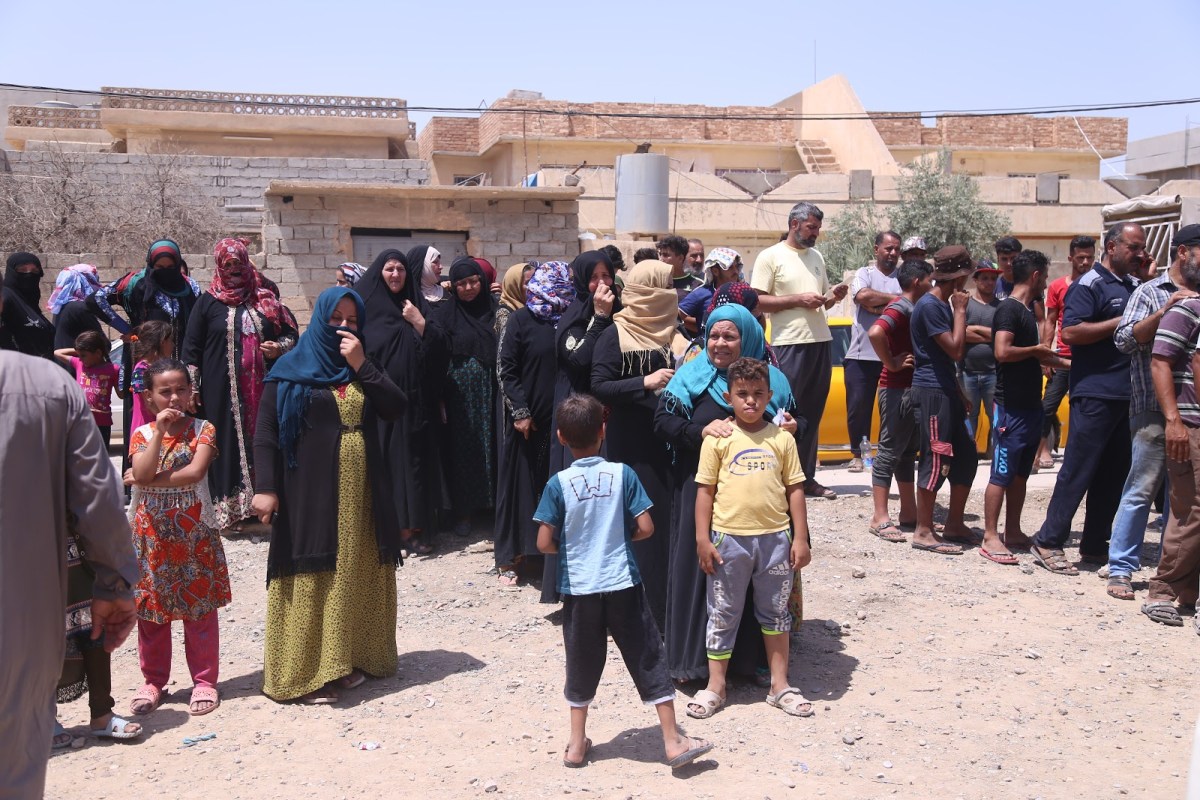
We hear a common refrain from many towns that were liberated in the push to rid the country of ISIS: “Where did they go?”
When Iraqi soldiers entered many communities, they found few ISIS fighters left. Some were killed in battle, certainly, their bodies left behind as evidence. Some were found and arrested. Some slipped over the border to Syria to join the war there.
But thousands of ISIS fighters seemed to disappear into thin air.
They didn’t go anywhere except into hiding, in vast tracts of desert, in underground bunkers, or slipping into crowds, trying their best to blend in. These ISIS fighters never surrendered.
The world moved on, but ISIS has not.
And neither have we.
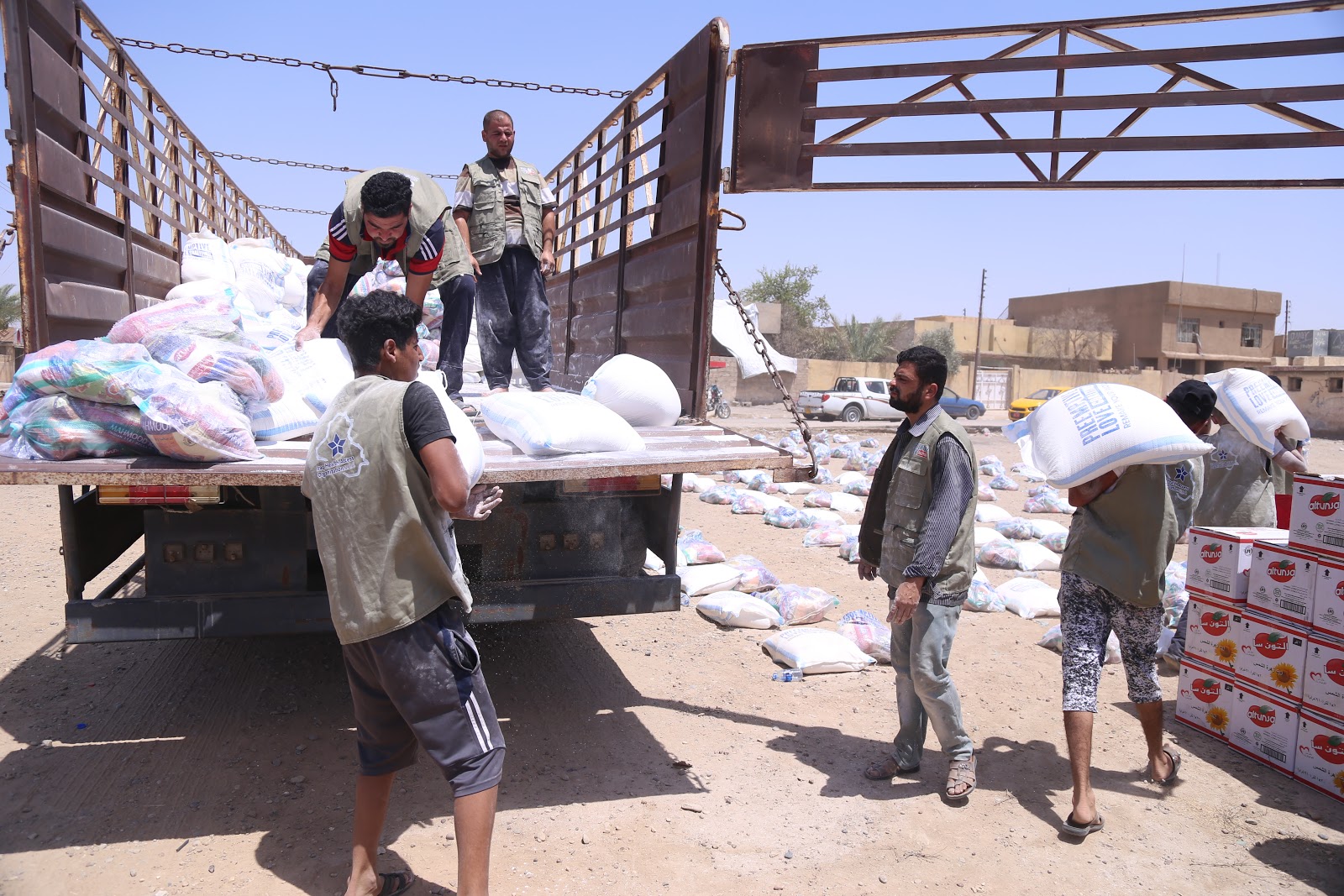
When the Iraqi city of Hawija, halfway between Baghdad and Mosul, was declared liberated from ISIS rule last October, many hoped that the violence would be over, and that families who fled would finally be able to return home and rebuild their lives.
 We helped to reopen a primary health center in the area, providing essential care for families. We provided food packs and hygiene kits to ease the transition back home—because it’s impossible for families to think about returning if they know there is no support.
We helped to reopen a primary health center in the area, providing essential care for families. We provided food packs and hygiene kits to ease the transition back home—because it’s impossible for families to think about returning if they know there is no support.
At the same time, ISIS continued their operations in the Hawija area. There is no longer a defined frontline, so their militants, now in hiding, can attack from anywhere. They practice guerilla warfare now—ambushes, kidnappings and murders that seemingly come out of nowhere.
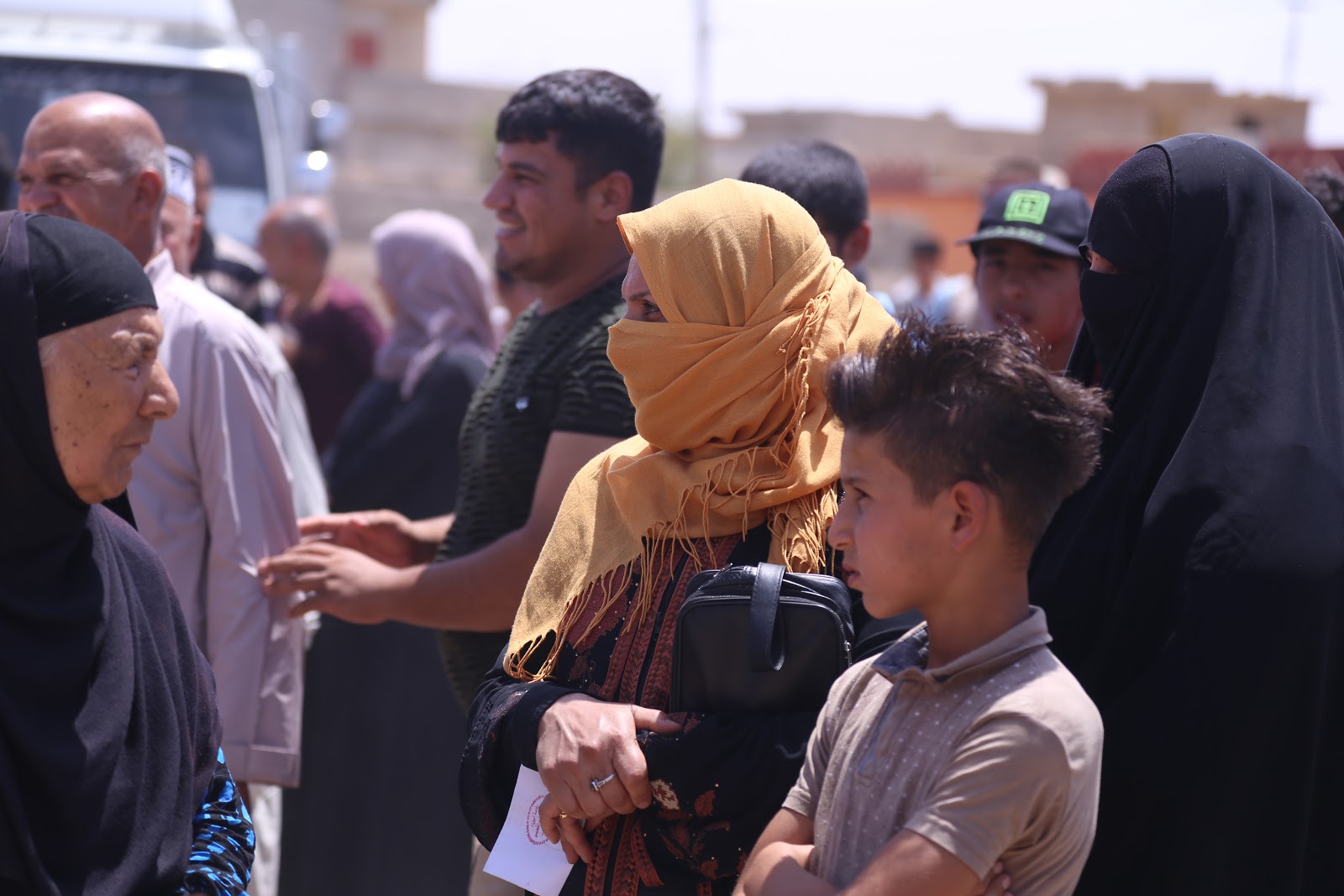
In the past month alone, two boys were killed in a bomb attack, suspected ISIS members were arrested on their way to a planned attack, and the electrical infrastructure has been repeatedly attacked. Militants have taken out a power station and three main transmission lines, leaving residents in the extreme heat without any power. Iraqi forces might rule during the day, but the night seems to belong to ISIS.
For families living in Hawija, these constant attacks and the fear they create are debilitating. It’s hard to rebuild and find work when the community is so uncertain about what it is to come.
Some families tried to return to camps—to the uncomfortable tent cities that became home when they fled. But they’ve been unable to return due to tight security measures at checkpoints that restrict movement. Many families in Hawija feel stuck and alone.
“Iraqi forces might rule during the day, but the night belongs to ISIS.”
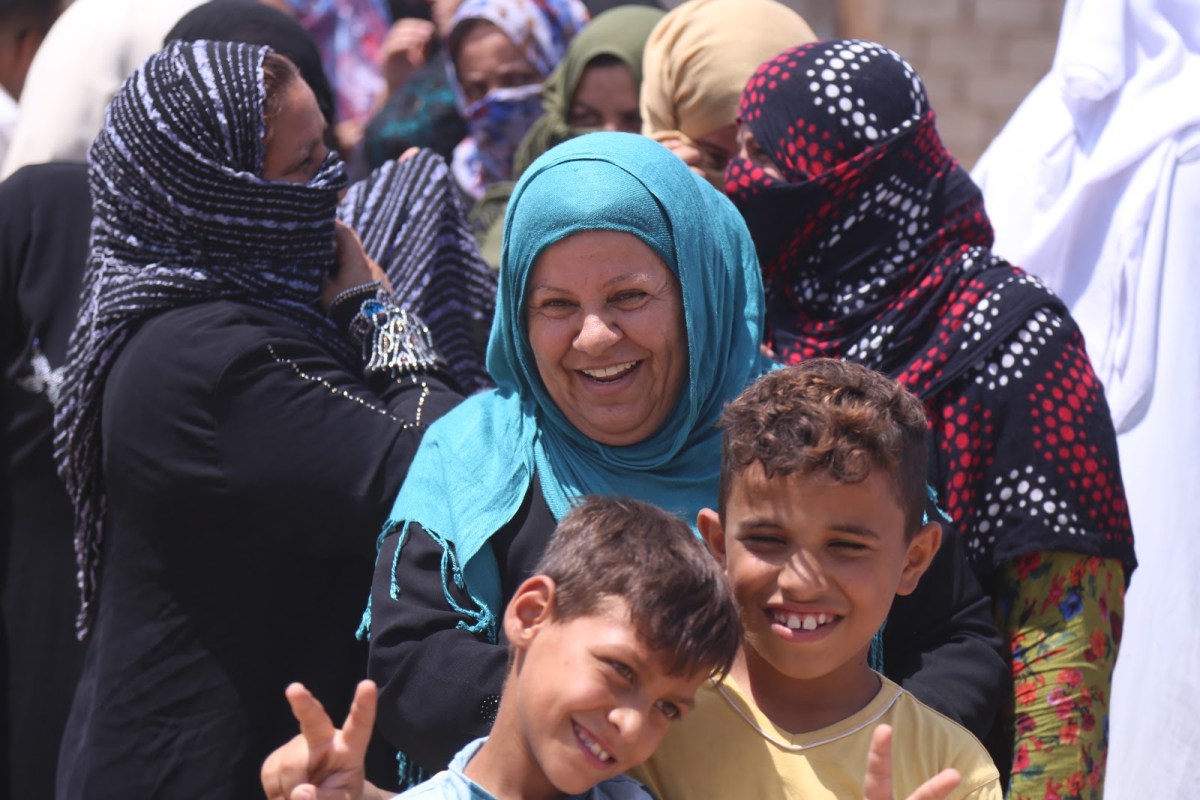
But you continue to stand with families in Hawija. You didn’t leave when victory against ISIS was declared, or when media interest dried up. You know that liberation is messy, that liberation takes time.
This month, you provided 600 families in Hawija with food baskets that will help them continue on, even as they try to figure out how to live in such a climate of fear.
You provided flour for their daily bread; tea and sugar to give their days a sense of normalcy; rice, beans, oil, tomato paste, and salt so they can cook familiar, comforting meals. You provided a generous sized pack, so they don’t have to worry about their next meal as soon as the dishes are washed.
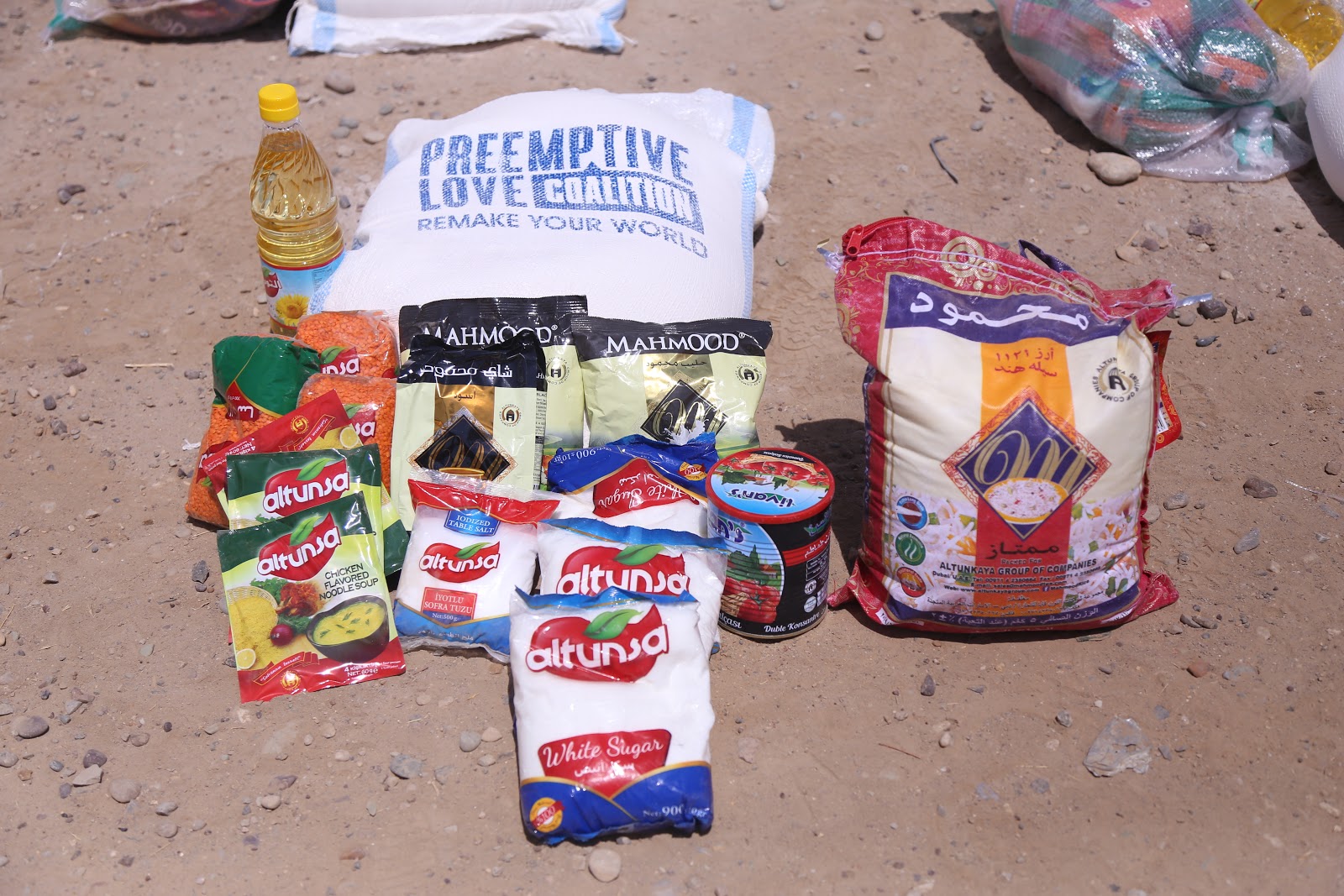
This is what it looks like to be last to leave, not just first in. This is what it looks like to stand with families who feel forgotten.
Daily bread, a little tea, rice and beans, and most importantly, the knowledge that they aren’t forgotten.

